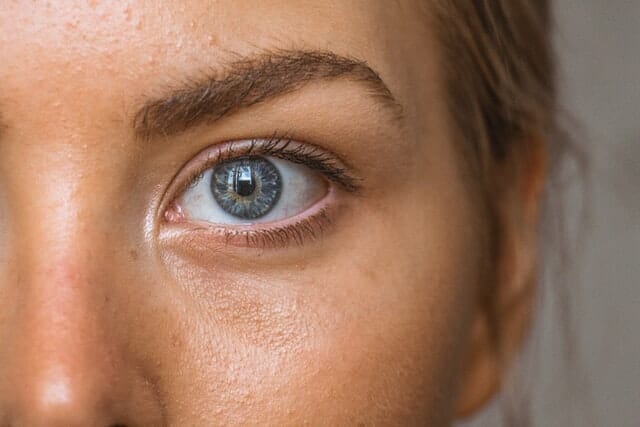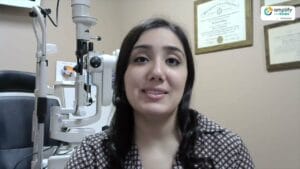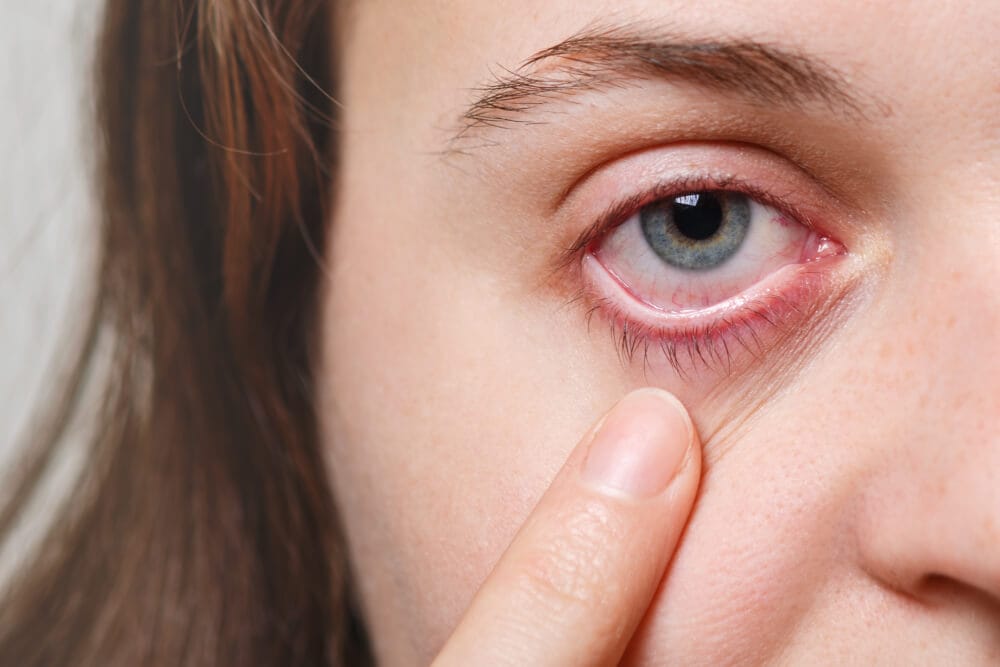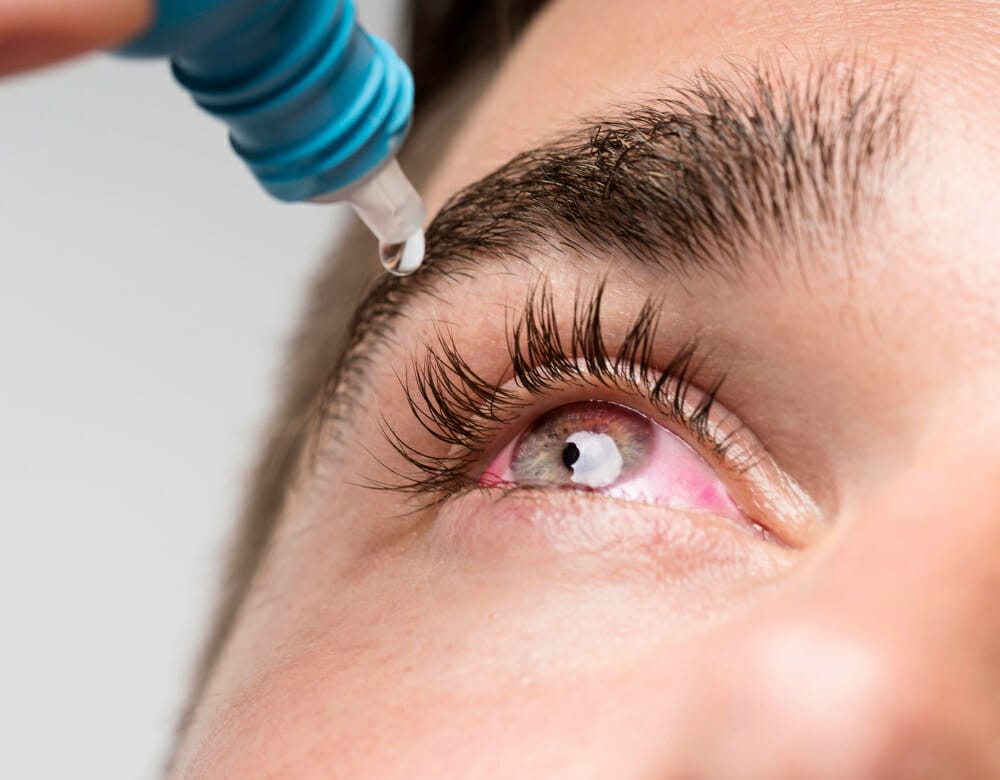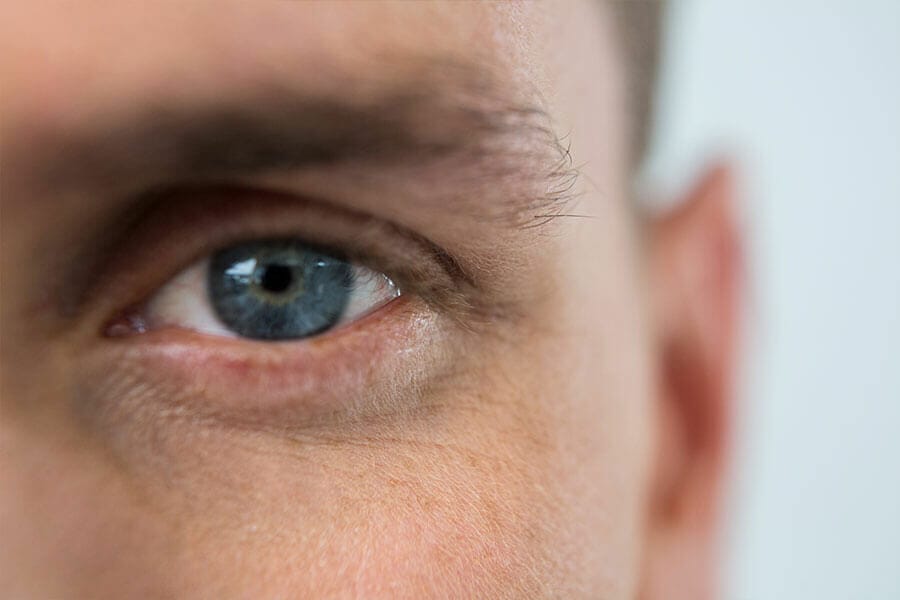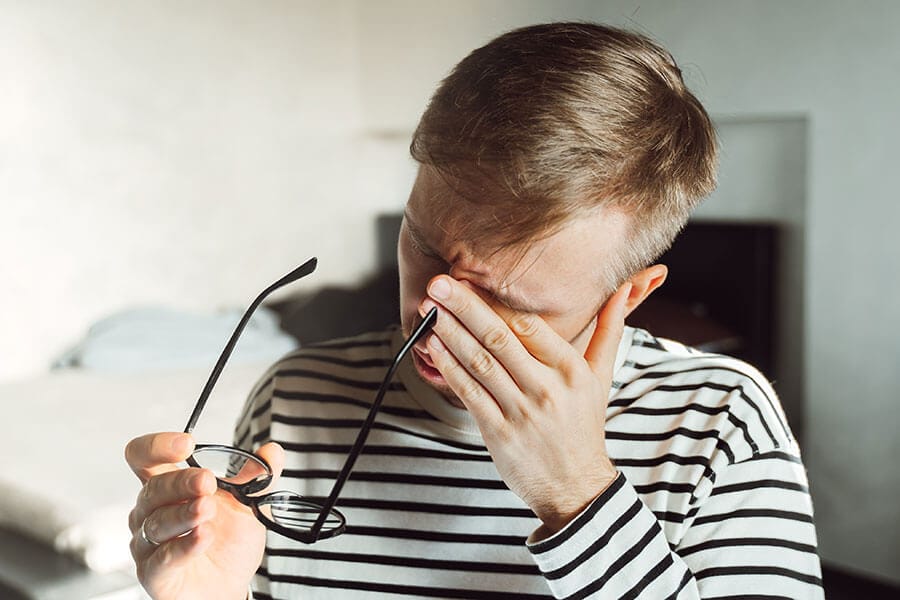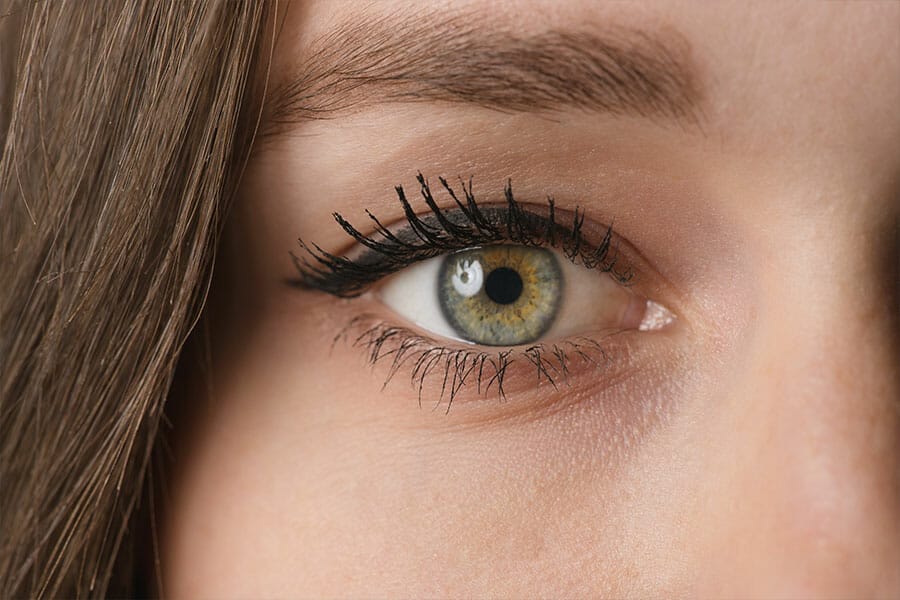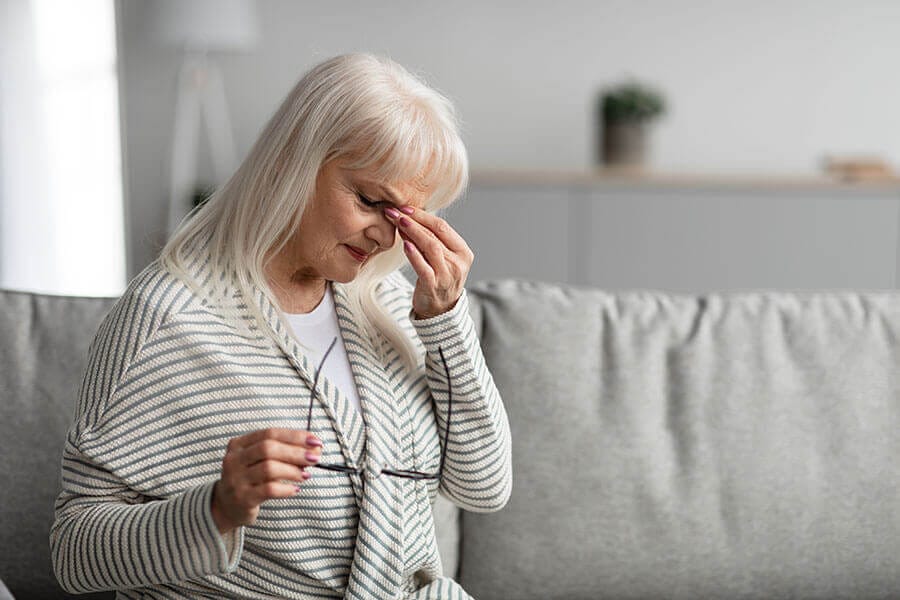Depends on the severity of the meibomian gland dysfunction (MGD). We have meibomian glands on our upper and lower lid margin that help to produce oil, which contributes to the outermost oil layer of our tears and prevents our tears from evaporating. MGD is when the glands don’t work properly. If these glands are blocked, they do not secrete the oils necessary to maintain a healthy tear film, and can eventually die off resulting in various symptoms such as dry eyes, burning, itching, irritation, tearing, foreign body sensation etc. If the glands have already atrophied then there is no way of getting the glands back. However, if the glands are still present but just truncated or tortuous, then there is still a chance to allow the glands to start working properly again with various MGD treatment options.

